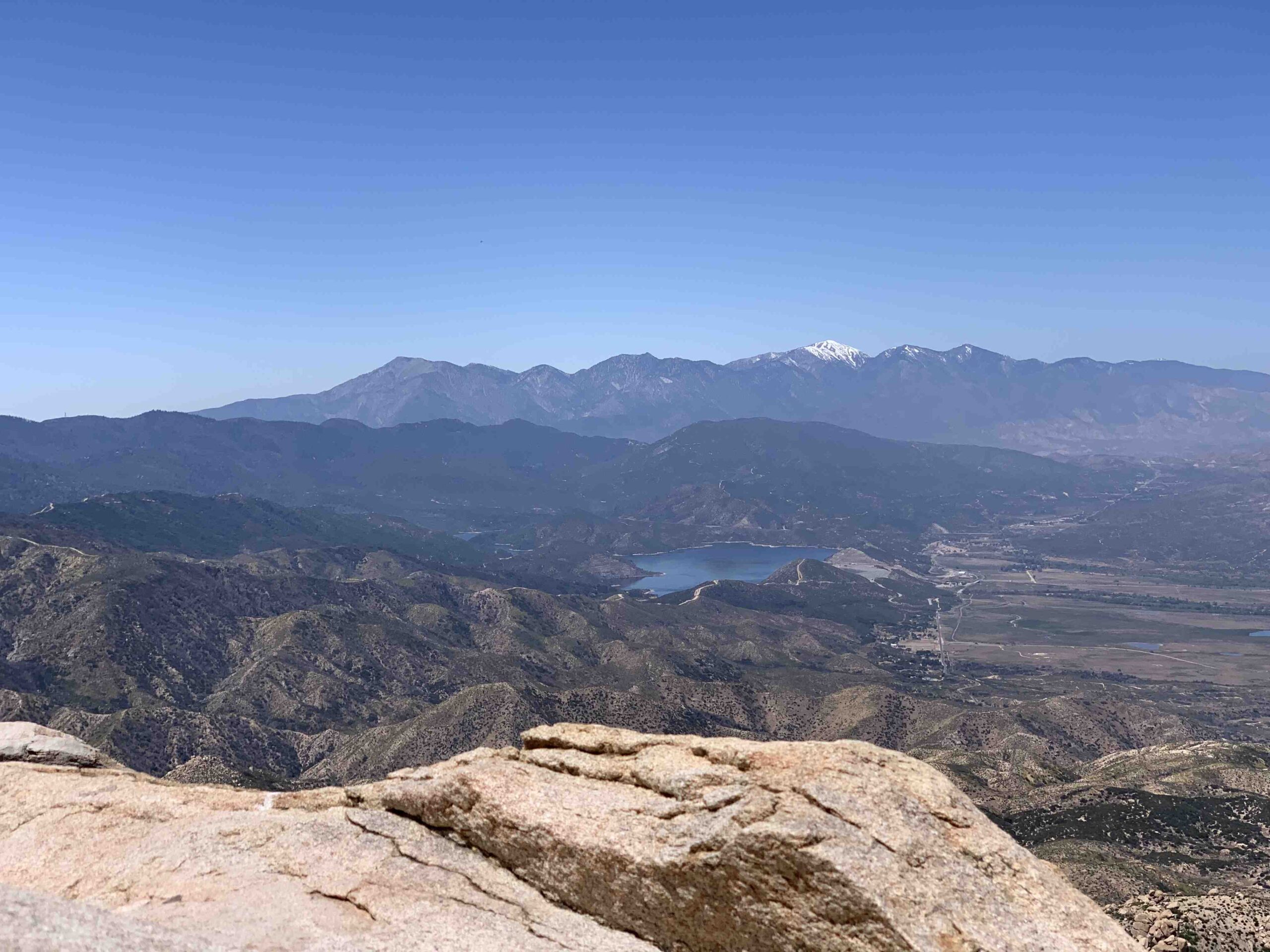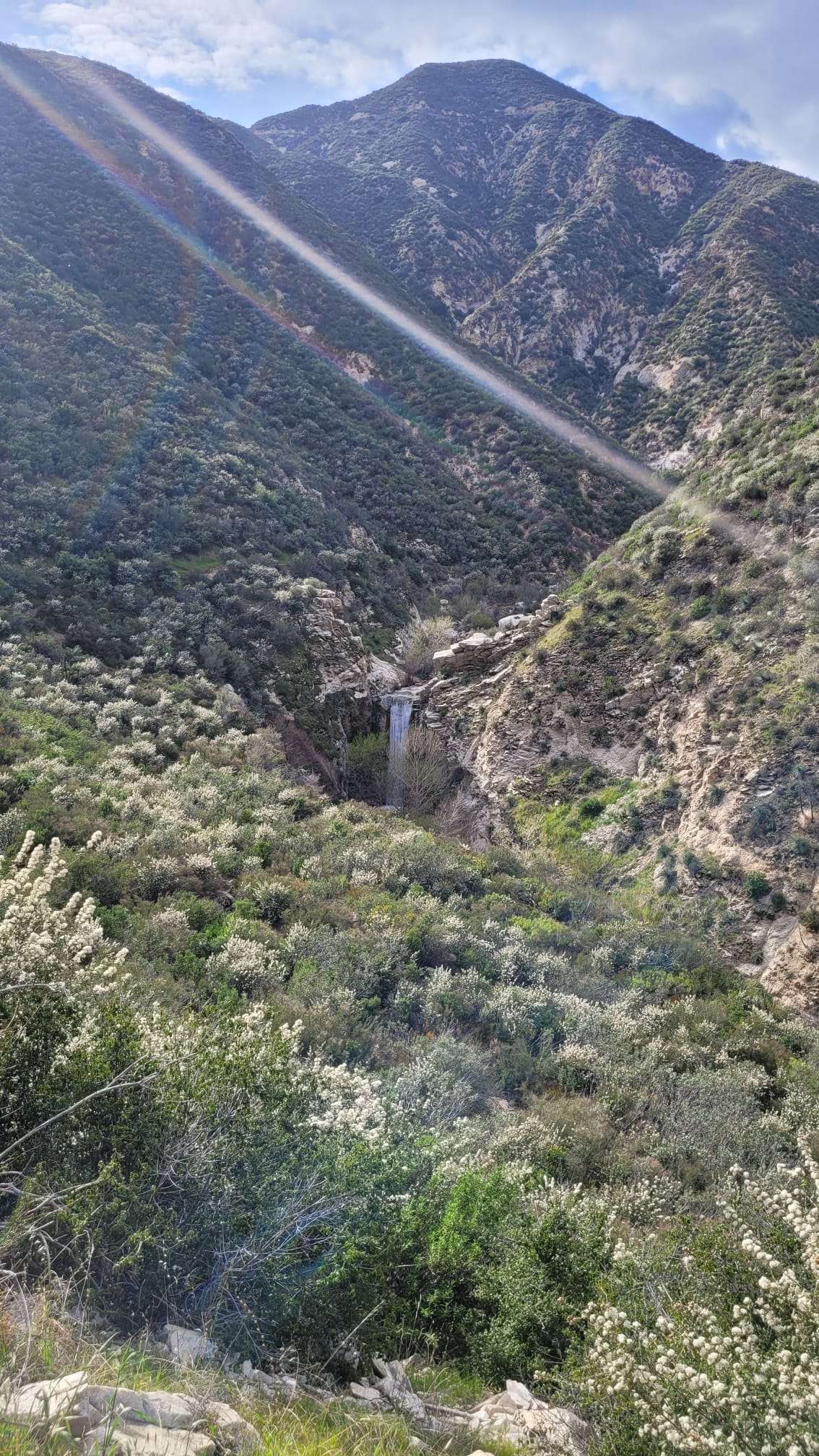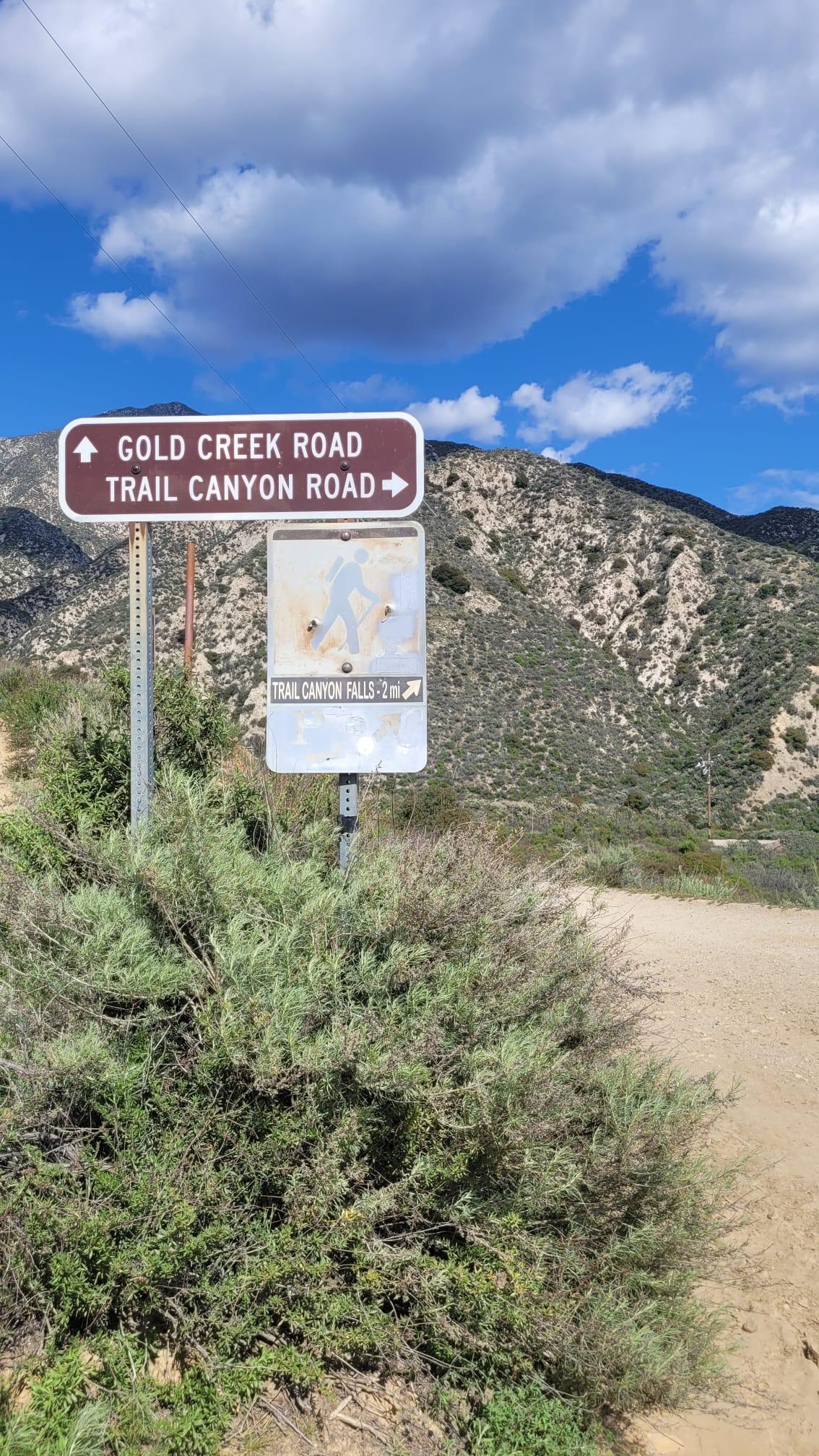Angeles National Forest offers diverse backpacking opportunities for outdoor enthusiasts. With over 700,000 acres of wilderness, this forest provides stunning landscapes, challenging trails, and serene campsites. From beginner-friendly routes to strenuous multi-day treks, Angeles National Forest caters to all levels of backpackers. This guide covers essential information on trails, permits, gear, and resources to help you plan an unforgettable backpacking adventure in this Southern California gem.
What Are the Best Backpacking Trails in Angeles National Forest?

Angeles National Forest boasts numerous trails suitable for backpacking adventures. Here are some top-rated options:
- Eaton Canyon to Idlehour Trail Camp
- Length: 10.99 miles
- Elevation Gain: 3,291 feet
-
Difficulty: Moderate to Strenuous
-
Idlehour Trail
- Length: 14.89 miles (out-and-back)
- Elevation Gain: 4,665 feet
-
Difficulty: Strenuous
-
Little Jimmy Trail Camp
- Length: 3.36 miles
- Elevation Gain: 607 feet
-
Difficulty: Moderate
-
Cedar Glen Camp
- Length: Approximately 4-6 miles (depending on route)
- Elevation Gain: 1,650 feet
- Difficulty: Moderate
Each trail offers unique features and challenges, catering to different skill levels and preferences.
How Do I Obtain Camping Permits for Angeles National Forest?

Obtaining camping permits for Angeles National Forest is relatively straightforward:
- Backcountry camping: No permits required
- Designated campgrounds: Adventure Pass needed ($5 per day or $30 per year)
- National Parks Pass: Recommended for broader access to national lands
It’s important to note that campsites are available on a first-come, first-serve basis. Always check the forest alerts page for any closures or restrictions before your trip.
What Gear Should I Pack for Backpacking in Angeles National Forest?
Proper gear is crucial for a safe and enjoyable backpacking experience in Angeles National Forest. Here’s a list of essential items:
- Shelter:
- Lightweight, waterproof tent
- Sleeping bag suitable for expected temperatures
-
Sleeping pad for insulation and comfort
-
Clothing:
- Moisture-wicking base layers
- Insulating mid-layers
- Waterproof outer layer
- Sturdy hiking boots
-
Hat and gloves
-
Food and Water:
- Lightweight, high-energy snacks and meals
- Water filtration system
-
At least 3 liters of water capacity per person per day
-
Navigation and Safety:
- Detailed trail map and compass
- GPS device or smartphone with offline maps
- First aid kit
- Emergency shelter
-
Satellite communicator (recommended due to lack of cell signal)
-
Other Essentials:
- Headlamp or flashlight
- Multi-tool or knife
- Firestarter and matches
- Sunscreen and insect repellent
- Trekking poles for stability on challenging terrain
Remember to pack according to the season and specific trail conditions.
Where Can I Find Detailed Hiking Maps for Angeles National Forest?
Several resources provide detailed hiking maps for Angeles National Forest:
- Official Angeles National Forest website
- HikingGuy.com – offers trail conditions and key landmarks
- Digital apps:
- Komoot: Interactive maps and route recommendations
- Strava: User-generated data and popular trails
These resources offer valuable information on trail routes, water sources, and important landmarks to help plan your backpacking trip effectively.
What Are the Seasonal Considerations for Backpacking in Angeles National Forest?
Seasonal factors play a crucial role in planning your backpacking trip to Angeles National Forest:
| Season | Considerations |
|---|---|
| Spring | – Wildflowers in bloom – Potential for rain and muddy trails – Comfortable temperatures for hiking |
| Summer | – Hot and dry conditions – Higher fire risk – More crowded trails – Early starts recommended to avoid heat |
| Fall | – Cooler temperatures – Less crowded trails – Beautiful fall colors in some areas |
| Winter | – Snow at higher elevations – Icy trail conditions possible – Shorter daylight hours – Winter gear may be necessary |
Always check weather forecasts and trail conditions before your trip, regardless of the season.
How Can I Practice Leave No Trace Principles in Angeles National Forest?
Practicing Leave No Trace principles is essential for preserving the natural beauty of Angeles National Forest:
- Plan ahead and prepare
- Travel and camp on durable surfaces
- Dispose of waste properly
- Leave what you find
- Minimize campfire impacts
- Respect wildlife
- Be considerate of other visitors
By following these principles, you help protect the environment and ensure future generations can enjoy the forest’s beauty.
What Wildlife Might I Encounter While Backpacking in Angeles National Forest?
Angeles National Forest is home to diverse wildlife. Here are some animals you might encounter:
- Black bears
- Mountain lions
- Mule deer
- Bighorn sheep
- Coyotes
- Various bird species
Always maintain a safe distance from wildlife and store food properly to avoid attracting animals to your campsite.
How Can I Stay Safe While Backpacking in Angeles National Forest?
Safety should be a top priority when backpacking in Angeles National Forest:
- Inform someone of your trip plans
- Carry a map and compass, and know how to use them
- Bring plenty of water and purification methods
- Be prepared for sudden weather changes
- Carry a first aid kit and know basic wilderness first aid
- Be aware of potential hazards like poison oak and rattlesnakes
- Carry a satellite communicator for emergencies
- Stay on designated trails to avoid getting lost
By following these guidelines, you can minimize risks and enjoy a safe backpacking experience.
Backpacking in Angeles National Forest offers a unique opportunity to explore Southern California’s diverse landscapes. With proper planning, gear, and respect for the environment, you can create lasting memories in this beautiful wilderness area. Remember to always check current conditions and regulations before your trip, and enjoy the adventure responsibly.
References:
1. https://www.strava.com/routes/hiking/usa/california/angeles-national-forest
2. https://www.komoot.com/guide/1896132/hiking-in-angeles-national-forest
3. https://hikingguy.com/guides/angeles-national-forest-hikes/

